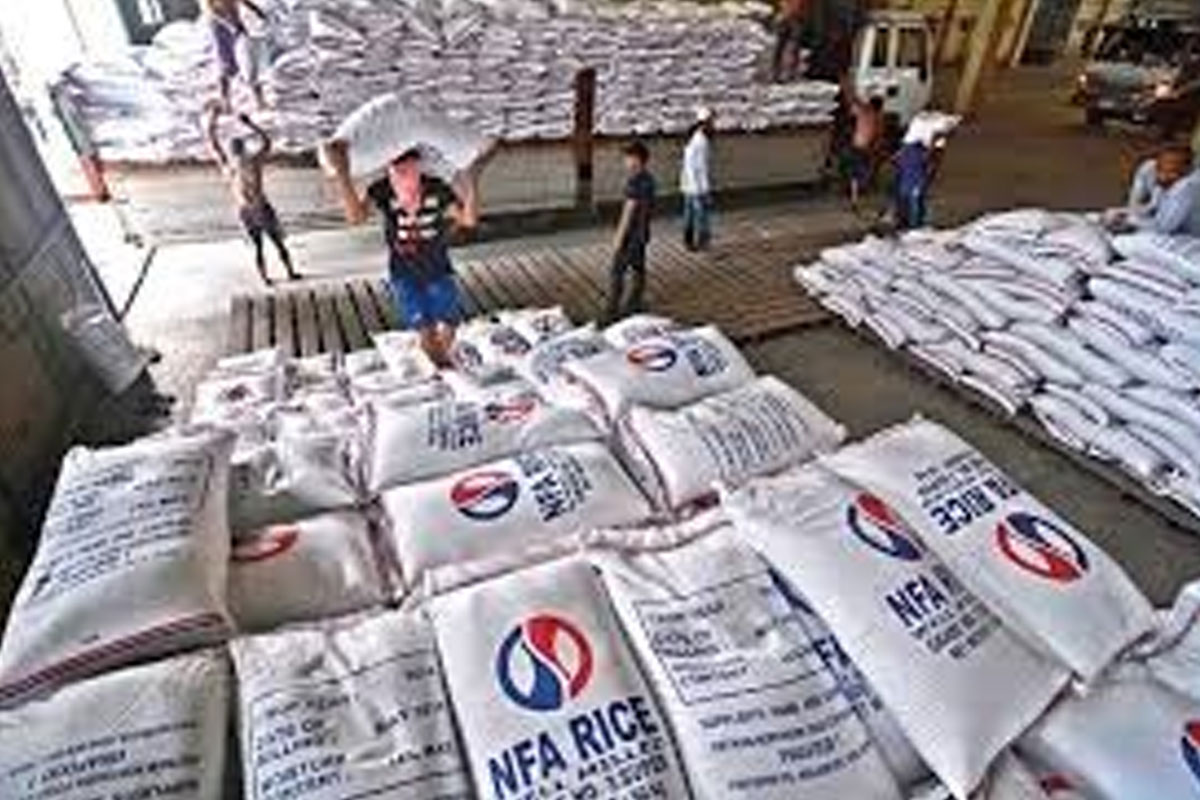
Congress ratifies bicam report on anti-agri economic sabotager
IN a significant legislative development, both chambers of the Philippine Congress have ratified the Bicameral Conference Committee’s reconciled version of the “Anti-Agricultural Economic Sabotage Act” that aims to impose severe sanctions on individuals and groups involved in the smuggling, profiteering, hoarding, and cartel activities related to agricultural and fishery products.
President Ferdinand Marcos Jr. had earlier certified the bill as urgent “to promote the productivity of the agriculture sector, protect farmers and fisherfolk from unscrupulous traders and importers, and ensure reasonable and affordable prices of agricultural and fishery products for consumers.”
“Ang panukalang ito ay binhi ng pag-asa para sa ating mga magsasaka. Ito ay itinanim ng senado para sa kanilang kinabukasan,” Sen. Jose Victor G. Ejercito, principal author of the measure, said.
House Speaker Ferdinand Martin G. Romualdez, following the approval of the bill in Congress, said, “We want to send a chilling effect on these cartels that have been operating for decades now. We really mean business this time. And our primary task here is to protect the welfare of the masses – provide them with the most affordable goods in the market.”
Sen. Ejercito stressed that, “It will level the playing field for our local farmers. It will purge our land of profiteers, hoarders and cartels,” which he coined as “the pests who are choking our agricultural sector.”
“This bill will uproot them and put them in jail where they belong,” the Senator said.
Sen. Cynthia Villar, chairperson of Senate Committee on Agriculture, Food and Agrarian Reform, noted that at least P200 billion in revenues every year is lost due to smuggling and that it is one of the reasons farmers continue to live in poverty.
“The illegal entry of agricultural products threatens their livelihood and the welfare of two-thirds of our population who depend on agriculture,” she said.
The proposed law classifies the smuggling of agricultural and fishery products, including manufactured tobacco, worth at least Php3 million, as economic sabotage. The crime will be punishable by life imprisonment—a non-bailable offense—along with a fine of three times the value of the smuggled goods.
Furthermore, the proposed law will penalize the sale of tobacco products below the minimum retail price set by the Bureau of Internal Revenue (BIR) and the National Tobacco Administration (NTA).
The mere possession of smuggled goods will serve as prima facie evidence of agricultural smuggling, automatically classifying it as economic sabotage.
The passage of this legislation is seen as a crucial development to the Philippines’ fight against illicit trade to protect the agricultural sector and ensure fair market practices.



























